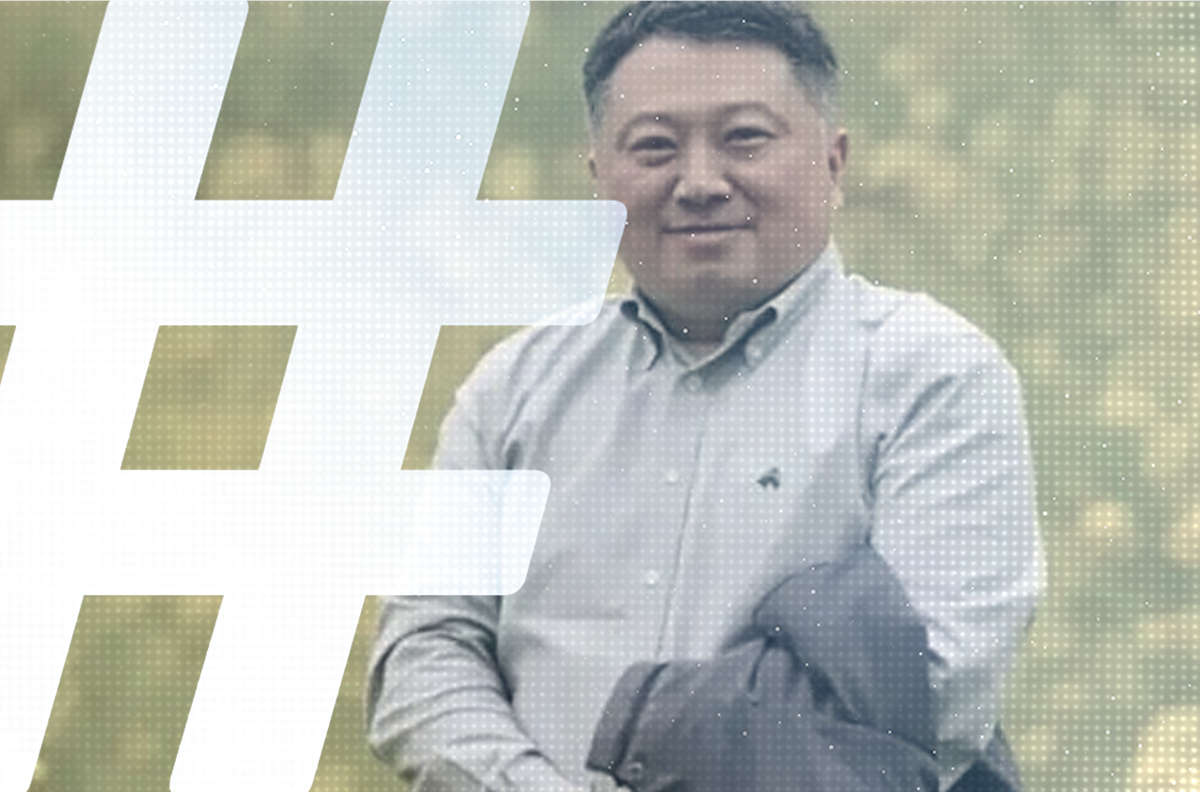At a press conference earlier this week, the state-run oil company Sinopec announced that it had completed its internal investigation into the recent “high-priced liquor scandal,” which continues to draw teeth-gnashing in China’s press and on the internet. The investigation team found that Lu Guangxu (鲁广余), the now former general manager of the enterprise’s Guangdong branch (who has been demoted but retained), had deceived the company last year when a public complaint about his conduct prompted top management to order a “self-examination and correction” of his behavior.
What does that mean? That Sinopec dealt with a complaint about one of its most senior managers by instructing that official to investigate himself.
The sheer buffoonery of this approach seems still to escape Sinopec, which has, after its CEO publicly wrote off the scandal as an instance of “the conduct of a single individual disgracing millions,” ordered an enterprise-wide campaign of “self-examination and correction.”
Understandably, this outcome has irritated and concerned many Chinese.
A web user in Beijing wrote today:
An embezzlement of public funds, and on such a grand scale, a violation of the law, and he gets demoted! Why? Isn’t this sacrificing the pawn to save the queen?
Another from Zhangzhou City in Fujian province wrote in frustration:
Crap! It’s these guys who have pushed oil prices up so high! The Chinese people have already lost faith!
“Who would dare believe this government?” asked another, to which a user in Anhui province responded: “Only idiots would believe, those old Party grandfathers. It’s you all who are fools, and you all who still think that the people should go on being fools.”
Writing in today’s The Beijing News, journalist Wei Yingjie (魏英杰) addresses these and other concerns about the Sinopec case, arguing that the results of the internal investigation bode ill for the future.
“Is the High-Price Liquor Scandal ‘One Individual’s Wrong’?“
April 27, 2011
The Beijing News
By Wei Yingjie (魏英杰)
We finally have a result in the handling of the ‘high-priced liquor scandal’ at Sinopec, [in which more than one million yuan in state funds were found to have been applied inside the state-run enterprise for the purchase of Chinese Maotai-brand liquor], a scandal that has raged for days. Lu Guangxu, [the general manager of Sinopec’s Guangdong branch], will be “demoted but retained [by the company] for use,” and he will personally pay back the cost of the 1.3. million yuan worth of alcohol, which has already been consumed.
The CEO of Sinopec said recently in his assessment of the so-called ‘high-priced liquor scandal’ that this amounted to “the conduct of a single individual disgracing millions.” But was this really just a wrong committed by a “single individual”? What was it that allowed this individual to do wrong?
Judging from this recent outcome, it does seem that Lu Guangxu has shouldered this high-priced liquor scandal as “an individual.” But there are things about this outcome that remain unsatisfying. For example, the investigation [by Sinopec] found that Lu Guangxu justified his purchase of the alcohol in question by saying it was for a company business event. Well, does this use of the money amount to the embezzlement of public funds or not, and does it or does it not amount to conduct in violation of the law and disciplinary rules? So is an amount topping a million yuan not subject to financial stewardship? Could Lu Guangxu just spend it as he pleased? Even if this was not coordinated conduct of some sort, this certainly must show that Sinopec’s internal financial management system has serious problems.
Moreover, it has emerged that as early as October last year, Sinopec received notice from a member of the public about Lu Guangxu’s conduct. Lu reportedly found a way to hoodwink inspectors following up on these reports. Hence, Sinopec’s investigation team [for the recent liquor scandal] has concluded that “Lu Guangxu deceived the organization.”
There is no doubt that Lu Guangxu’s deceptions are a part of the story, but the person about whom there were reports was Lu Guangxu himself, so how could top management at Sinopec deal with this by instructing him to carry out an investigation of his own conduct? How can problems not go wrong with this sort of “self-rectification” of one’s own behavior? If the investigation team [dealing with the liquor scandal] fails to address questions about this method of oversight, the public must be concerned about the possibility of similar problems in the future. How will Sinopec maintain checks on the conduct of the bosses of its various branches? If there are no inside informants to break cases like Lu Guangxu’s wide open, does that mean problems go unaddressed?
Most regrettable is the fact a blind eye has been turned on these public concerns. The investigation team holds Lu Guangxu accountable on three counts, namely severe violations of the company’s internal management and oversight mechanisms, daring to make purchases without collective study by Sinopec’s leadership team and in the absence of supervision, and finally, employing deception to put off investigation by his superiors, thereby doing serious damage to Sinopec’s reputation. On the surface, certainly, these violations can be chalked up to “individual conduct.” But if Lu Guangxu is capable as an individual of committing all of these deceptions, shouldn’t that prompt much more serious reflection on the management mechanisms in place at Sinopec?
We are told that Sinopec has ordered a strengthening of internal management, including immediate self-examination and correction throughout the entire enterprise. But this was exactly the method used to respond to questions about Lu Guangxu’s conduct in October last year. Clearly, if responsibility for this scandal is borne by a single individual, and the need for deeper institutional change is shrugged off, the outlook for this “self-examination” is poor.




















